92% of students say that video content raises the feeling of satisfaction in their learning experience. In turn, 83% of teachers consider that this tool promotes collaboration and professional development.
Photo: Bigstock
A survey conducted by Kaltura, an educational video content platform, highlights the importance of generating more educative audiovisual content. Although there is still little material created by teachers and students to enrich the educational experience, the adoption of this technology in classrooms increasing.
Greater use of video to improve the educational experience
- 92% of students say that video content raises the feeling of satisfaction in the learning experience. In turn, 83% of teachers consider that this tool promotes collaboration, while 84% think that it increases student educational achievements.
- Of the 1,500 teachers and students surveyed, 95% believe that video is essential as a tool to eradicate the spread of fake news.
- According to the comparison of yearly results, the video capture of lectures has grown 21% in 2018. The trend indicates that this practice will increase in the following years.
- The study revealed that 80% think that videos help improve the onboarding process for new students.
- Despite the high acceptance of video in classrooms, only 26% of students answered that their teachers use video regularly.
Audiovisual content in the future
- 97% of responders think interactive videos, which adjust their content according to the level of student learning, will be very relevant in the future of education. This statement accentuates the notion that education should be more adaptive and respond to the needs of each student.
- 89% indicated that they were interested in the consumption and development of instructional content in VR, AR, and 360-degree videos.
The challenge lies in teacher training to develop the skills and mastery of this technology and thus generate attractive and useful educational content according to technological advances.
This article from Observatory of the Institute for the Future of Education may be shared under the terms of the license CC BY-NC-SA 4.0 
)
)
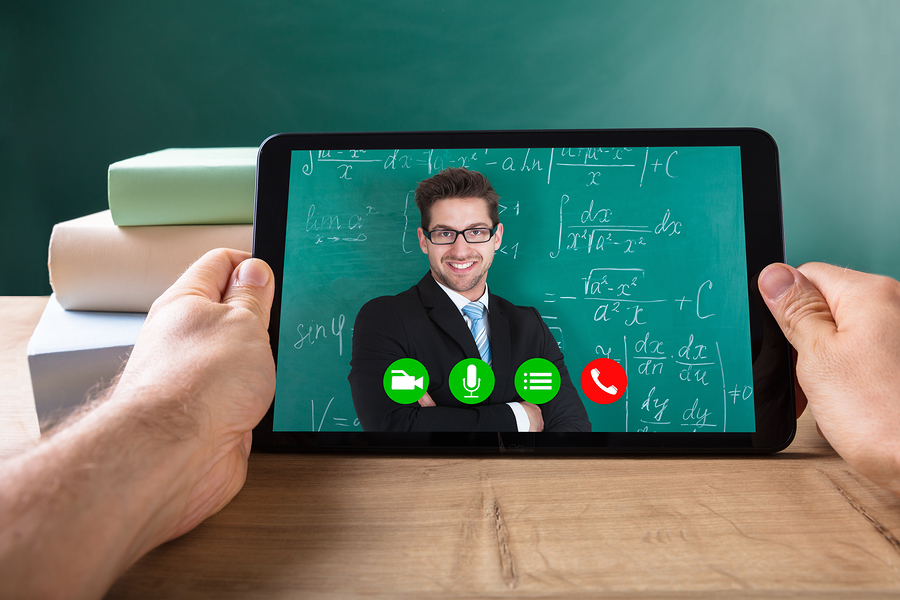
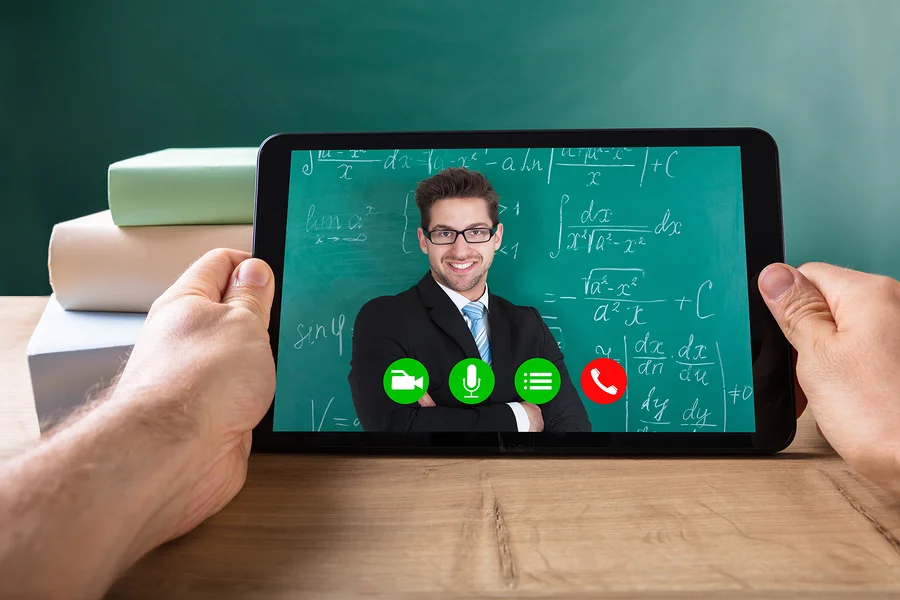
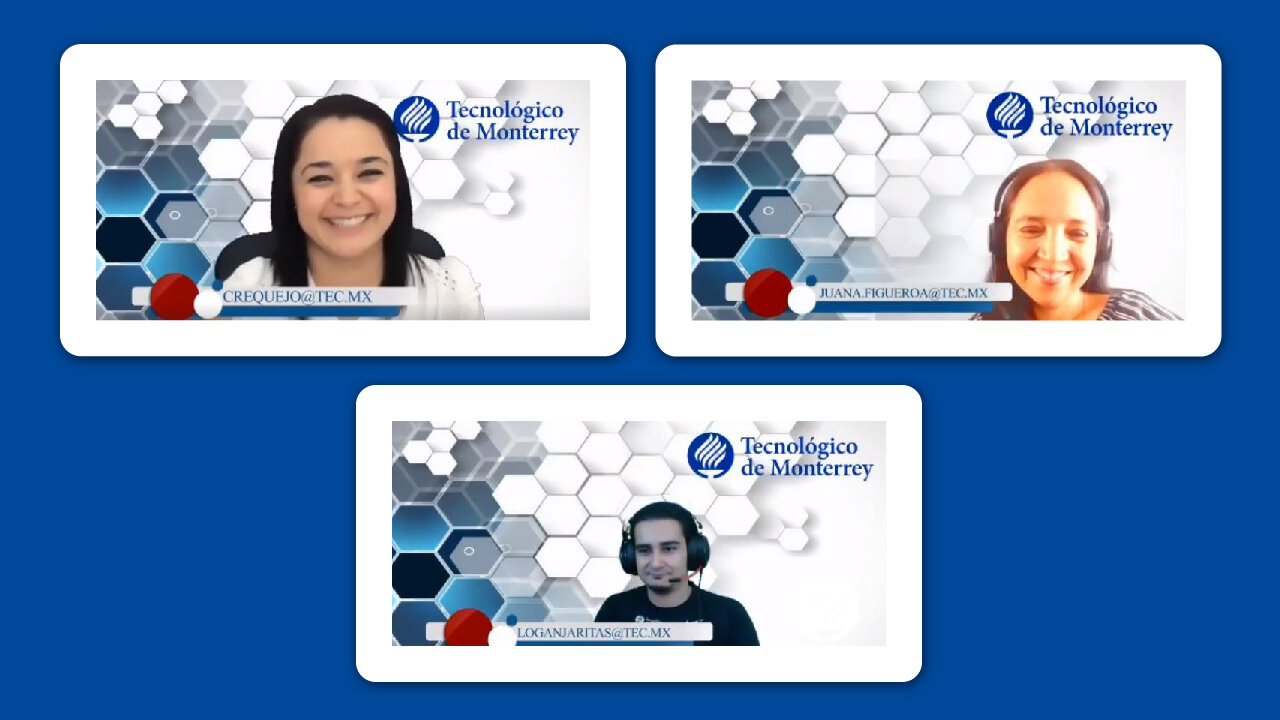


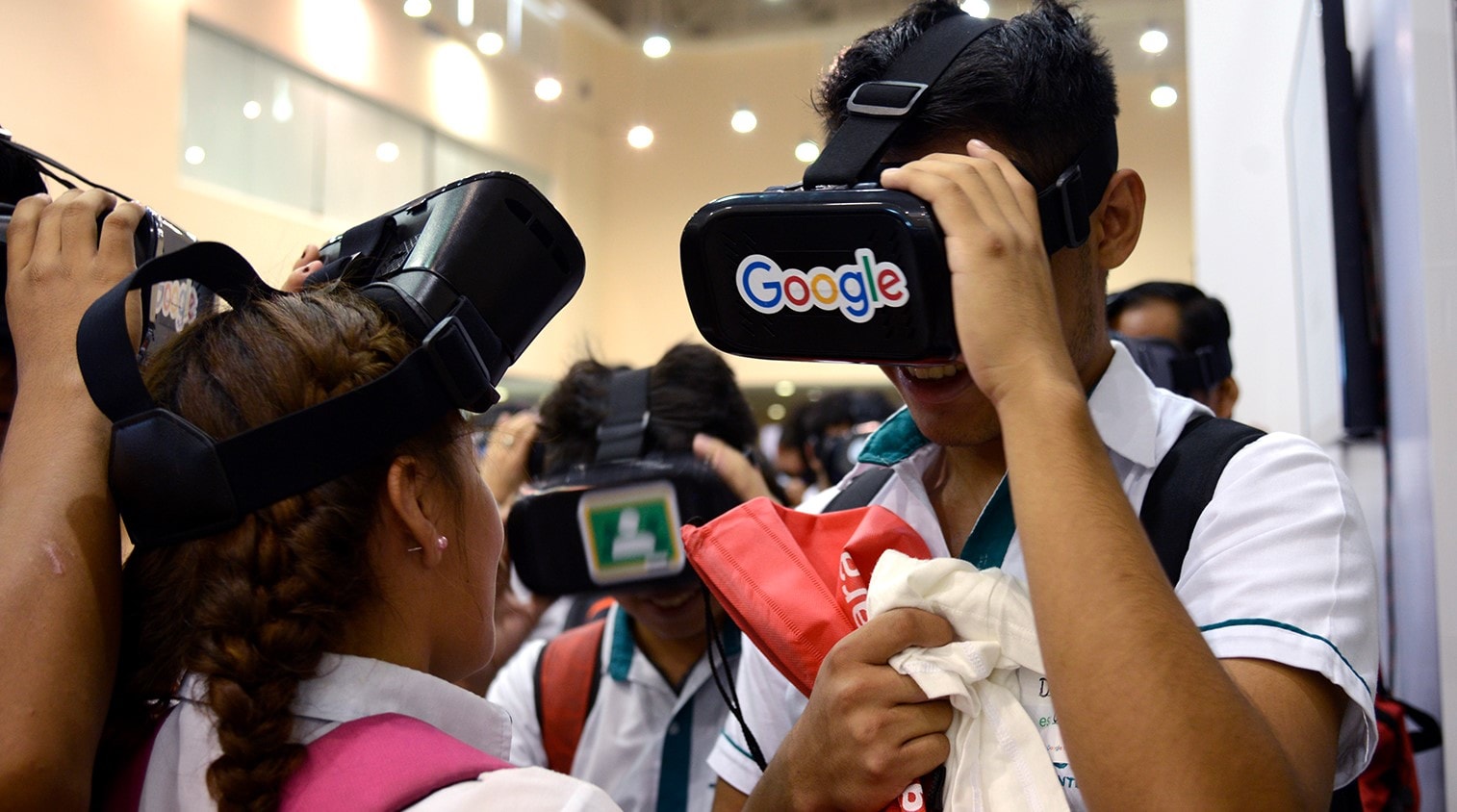
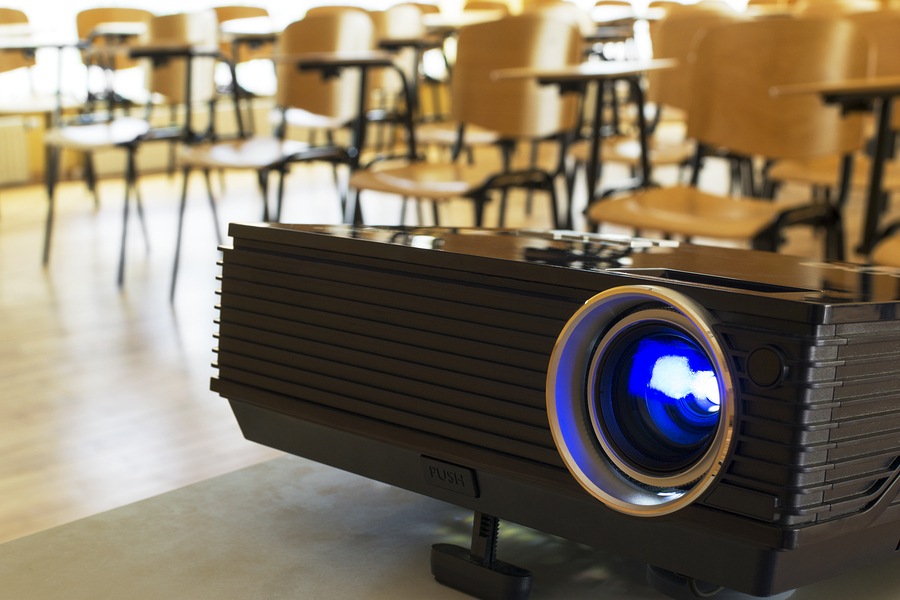

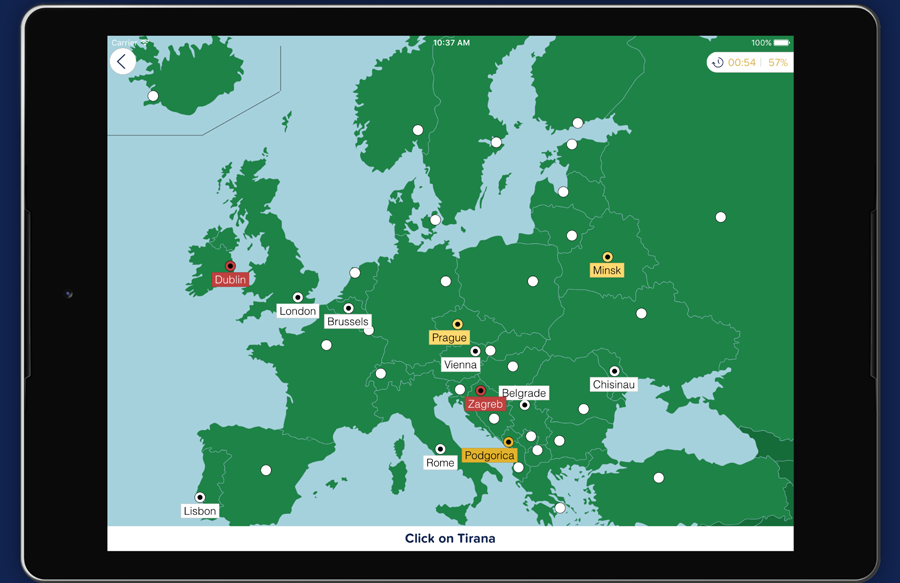


)
Sofía García-Bullé
Sofía García-Bullé
Sofía García-Bullé